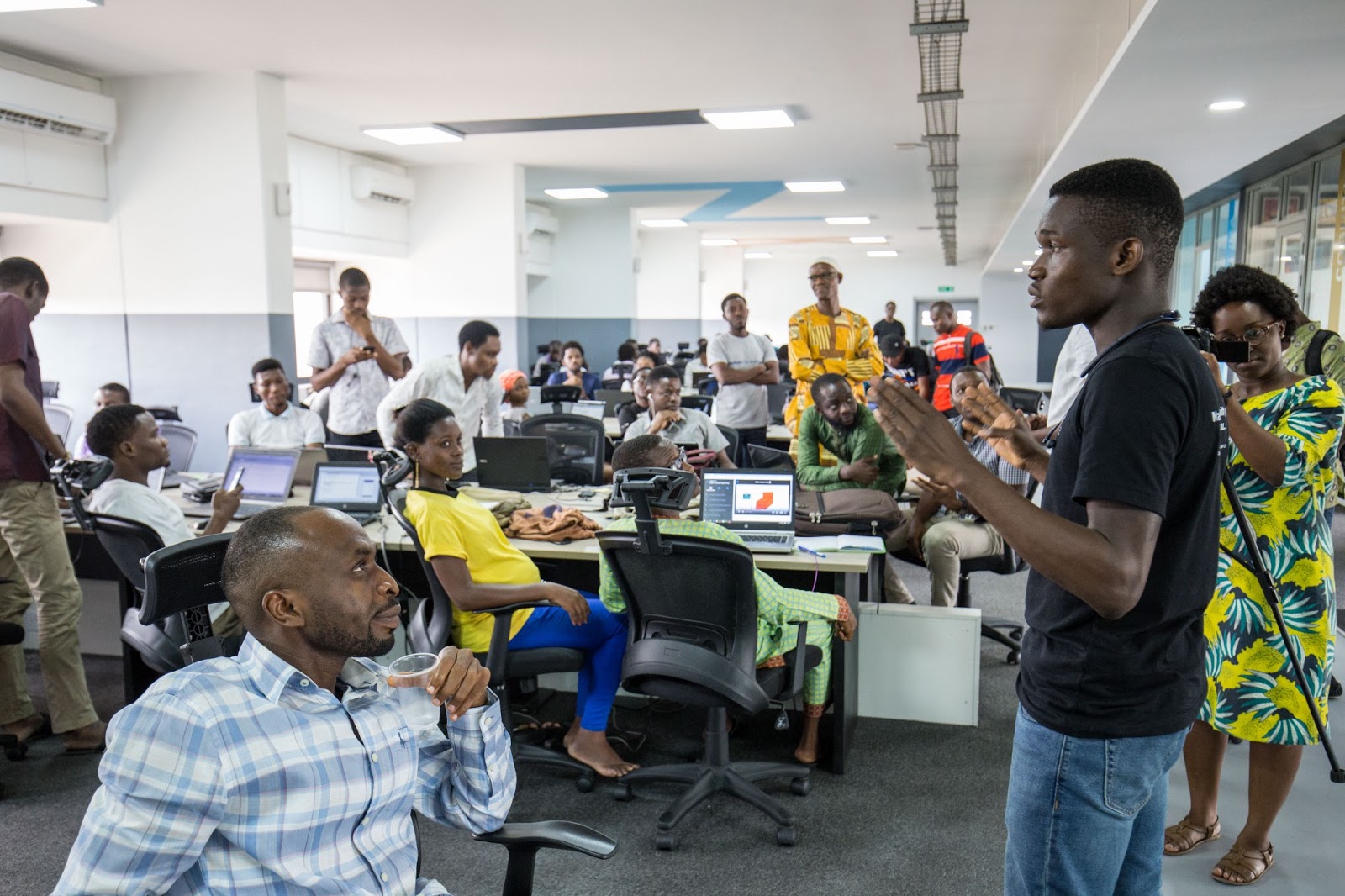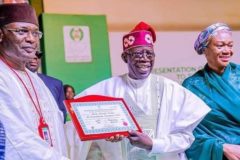Run by Methodist missionaries at the time, Nigeria’s first primary school opened in Badagry, Lagos in 1843, marking the beginning of formal education in Nigeria. Then came the CMS grammar school (also in Lagos) in 1859 and by 1914 there were 91 mission schools run by missionaries and 59 run by the government of the day.
This shows historical antecedents in how private sector participation has grown to become a major part of Nigeria’s education sector. Another dimension to the huge popularity of private sector-led educational institutions in Nigeria lies in the decadence evident in the government-managed institutions.
Corruption, sexual harassment, an outdated curriculum and poor infrastructure have become a fixture in Nigeria’s public educational institutions further driving down literacy rates and widening the skills/employability deficit among the country’s working population.
This brings us to Andela and Nigeria’s Computer Science curriculum. As Nigeria’s technological revolution carries on, there will be an increasing demand for skilled developers, database managers, network gurus and other important skills required to build innovative solutions and products. These skills will either be learnt in the University (like it’s done in countries like the UK and US) or via ‘other’ institutions like Andela, NIIT and New Horizon.
What does computer science look like in Nigerian Universities?
The Computer Science curriculum in Nigerian universities typically contain general courses in the first year (maths, physics, English etc); introductory courses on programming and information management in the second year; a mix of introductory software engineering, data structures and second-level hardware courses in the third year; and second-level software engineering, introductory artificial intelligence, algorithms and compiler courses in the final year.
Obviously there are differences across Nigeria’s many universities but for the most part, they all revolve around some version of the above. There is also the compulsory industrial training, which is supposed to help students develop workplace skills, and the final year project where students are expected to deliver a practical item of their choosing and defend same.
It is important to note, however, that Computer Science is a broad subject and not one that can be exhausted at any university or institution.
What is Andela’s curriculum?
Notorious for being harder to get into than Harvard, Andela has become a premier source for talented, well-rounded developers in Africa thanks to its curriculum and developer training methodology. Babajide Duroshola, Andela’s Community Manager, Technical Talent, told me that the company’s curriculum generally focuses on Software Engineering.
But it goes beyond that as well. Over the four year duration of its fellowship, Andela teaches its developers soft skills (communication, collaboration, teamwork etc), problem solving skills (pattern recognition, creative thinking etc) and independent learning ability (that’s why they have to complete the homestudy course before qualifying for the boot camp).
Andela also emphasises practical learning so six to eight months into the fellowship their developers start to work with enterprise clients and collaborate on real projects. Babajide also told me that Andela updates its curriculum as new learning resources and methods are discovered.
What problem is Andela solving vis-a-vis CS in Nigerian Universities?
From many hours of looking over the computer science curriculum of various Nigerian universities and conversations with students and developers, the biggest problem Nigerian institutions have is the theoretical approach to their curriculum (which is a factor of the Nigerian situation – poor facilities, infrastructure, underfunding etc).
In comparison, Andela takes a much more aggressive and targeted (they are focused on software engineering) practical approach. Before you even get in, there are practical DIY tests that you have to take and that practical element continues throughout the duration of their fellowship.
Jeremiah (not his real name), a former Andela developer and OAU undergraduate, told me that the biggest difference in how Andela and Nigerian universities approach computer science is in the practicality of the syllabus. “To be honest, I learned some of the things I was taught at Andela in the university. But the difference is that at Andela, I actually built prototypes and wrote code in actual compilers. Most Nigerian universities still write code on the board,” he said.
In my opinion, Andela has not “disrupted” the Nigerian computer science curriculum. Instead, it has found a way to execute (arguably) the most pertinent aspects (software engineering) of the curriculum in the most impactful and valuable way possible. Perhaps with a more focused approach, say individual degrees/courses for Database Management, Artificial intelligence, and other computer science subcategories, as well as investing in the practical side of education, Nigerian universities may be able to offer comparable value to the Nigerian youth.




















